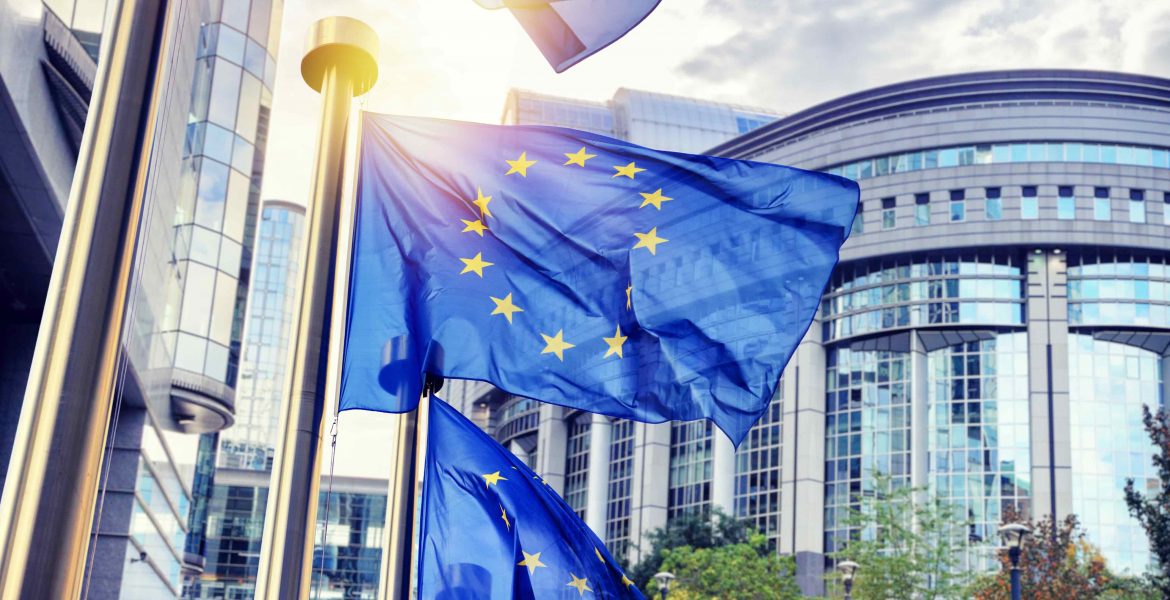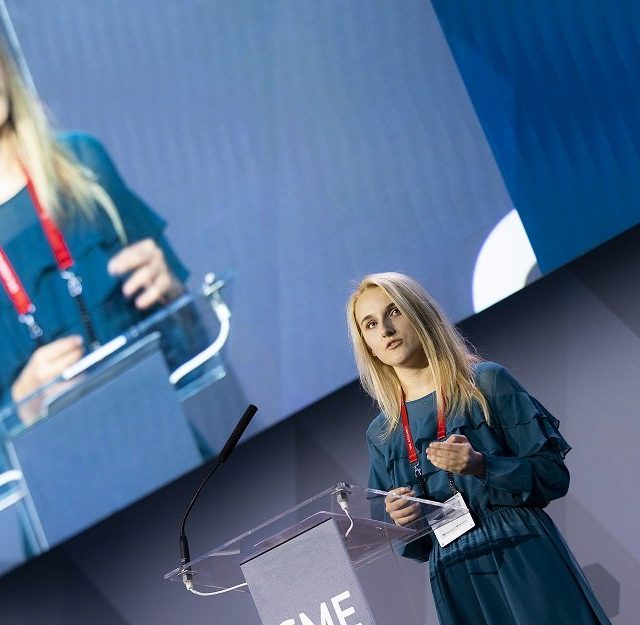The coming years will see new prospects and challenges for European products and services, according to the European Economic and Social Committee (EESC).
Providing innovative, highly specialised products and services with well-recognised and certified key characteristics can boost European competitiveness, says the EESC.
Unanimously adopted at its plenary session on 11 December, the EESC’s own-initiative opinion aims to raise awareness of the branding of European products and services that cater to customers’ needs, as well as to social and environmental sustainability requirements.

Addressing the plenary, the rapporteur for the opinion, Dimitris Dimitriadis, said: ”Thirty years ago, ‘made in Europe’ was a guarantee for a product; now we are behind China, India and the United States; we have lost the European commercial brand name and want to get it back on track”. Mr Dimitriadis mentioned the position of advantage of European small and medium-sized enterprises (SMEs) and the benefits of this.
The opinion points out the importance of aiming for highly specialised products and services. Not surprisingly, the latest technological upgrades aim to expand productivity, not only in terms of producing quantities on a mass scale, but more importantly in terms of producing differentiated quality. European small and medium-sized enterprises (SMEs) have an advantage here and could benefit most. One of the aims of this opinion is to help find new ways to support European small and medium-sized producers in overcoming scale-related disadvantages given the social, cultural, geological and climatic diversity of Europe.
Antonio Longo, who participated in the study group said: ”European competitiveness vis-a- vis the other major global producers cannot be at the cost of labour. Employers cannot afford it. It has to be competitive based on quality. Quality was what always distinguished European products”.
”How we design our strategy for the future will be reflected in the results! We need investment in infrastructure, but also in research and development, as we are lagging behind other parts of the world. And on top of that, we need investment in skills, in lifelong learning programmes”, said Mihai Ivaşcu who chaired the study group for the opinion.
- To meet the requirements, the EESC recommends specific and targeted policy measures: national and EU governance should apply a use-value oriented policy mix, spatially adjusted to local characteristics and needs;
- developing a similarly ambitious industrial policy for Europe and promoting clustering and cooperatism of (semi-) autonomous producers, whereby preserving variety matches scale benefits in specific segments of the product life cycle
- generalising industrial symbiosis in order to promote the circular economy;
- improving access to financial resources by implementing the capital markets union action plan and its promotion of microfinancing tools, as well as through green and use-value-related banking approaches.
The opinion is part of a series of EESC own-initiative opinions and recommendations focused on rebooting and boosting the European economy through European SMEs in accordance with social and environmental sustainability principles.




